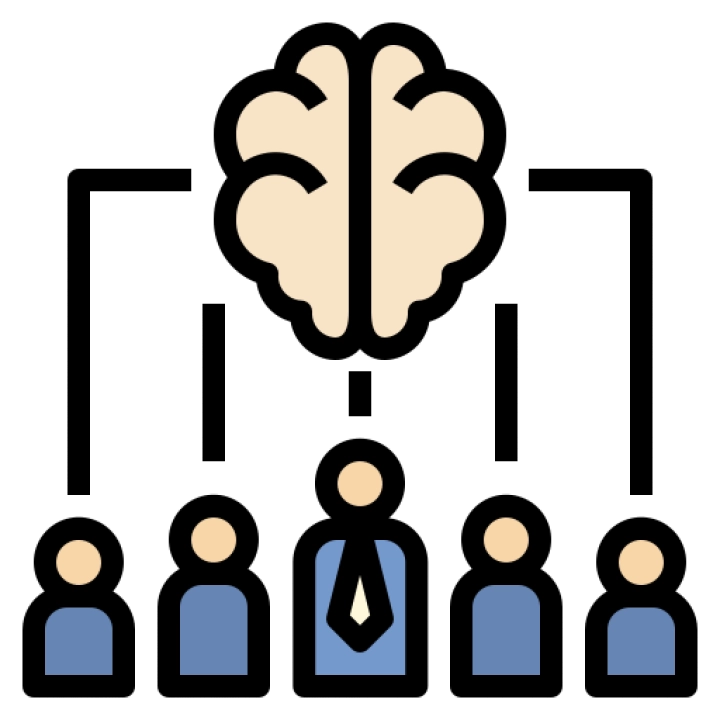College: Graduate Program Institute
This specialization explores the psychological principles that affect workplace behavior, performance, and organizational effectiveness. Students study employee motivation, leadership, human resource management, and workplace dynamics to enhance productivity and well-being in professional environments. The program emphasizes data-driven decision-making, psychological evaluation, and strategic management, preparing graduates for careers in HR, talent development, corporate consulting, and organizational leadership.
Learning Objectives:
- Understand the psychological foundations of workplace behavior and performance.
- Develop skills in employee assessment, motivation, and leadership strategies.
- Learn conflict resolution techniques, team dynamics, and organizational development.
- Explore ways to improve workplace culture, diversity, and inclusion.
- Analyze the impact of stress, job satisfaction, and work-life balance on employees.
- Apply research-based strategies to enhance productivity and employee well-being.
- Understand ethical considerations and legal frameworks in organizational psychology.
Main Curriculum:
- Introduction to Industrial and Organizational Psychology - Overview of the field, key theories, and workplace applications.
- Employee Motivation and Work Performance - Psychological theories of motivation, goal-setting, and performance management.
- Leadership and Team Dynamics - Studying leadership styles, group collaboration, and group decision-making.
- Employee Selection and Assessment - Recruitment techniques, performance appraisal, and psychological testing in HR.
- Work Stress and Employee Well-being - The impact of stress, burnout, and mental health on workplace productivity.
- Organizational Culture and Change Management - Strategies to foster a positive workplace culture and lead organizational change.
- Training and Development - Methods for employee training, skill development, and career growth.
- Diversity, Equity, and Inclusion in the Workplace - Psychological approaches to managing diversity and bias in the workplace.
- Ethical and Legal Considerations in Industrial and Organizational Psychology - HR ethics, labor laws, and ethical decision-making in organizations.
- Capstone Project in Industrial and Organizational Psychology - Applying psychological theories to real-world workplace challenges.
Assessment Methods:
- Case studies on workplace behavior and leadership.
- Psychological assessments and employee performance evaluations.
- Research projects on organizational culture and change management.
- Internships with HR departments, corporate training firms, or consulting agencies.
Recommended Textbooks:
- "Work in the 21st Century: An Introduction to Industrial and Organizational Psychology" by Frank J. Landy and Jeffrey M. Conte.
- "Industrial/Organizational Psychology: Understanding the Workplace" by Paul E. Spector.
- "Psychology at Work and Organizing" by Michael Aamodt.
Prerequisites:
Basic knowledge of psychology and interest in workplace behaviors and management are recommended.
Duration of the Specialization:
Typically, 3 to 4 years, including coursework, applied projects, and internships.
Target Audience:
Aspiring HR professionals, organizational consultants, corporate trainers, and business leaders seeking to improve workplace dynamics and employee performance. This specialty equips students with psychological insights and practical skills needed to create productive, healthy, and innovative work environments.


